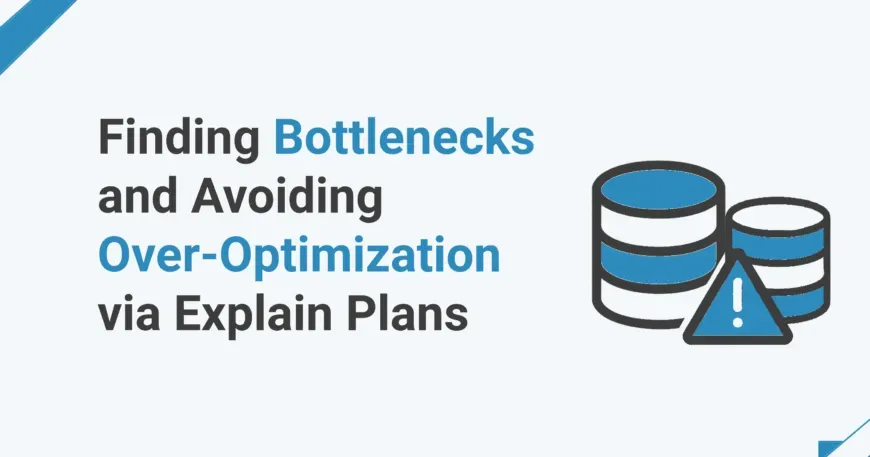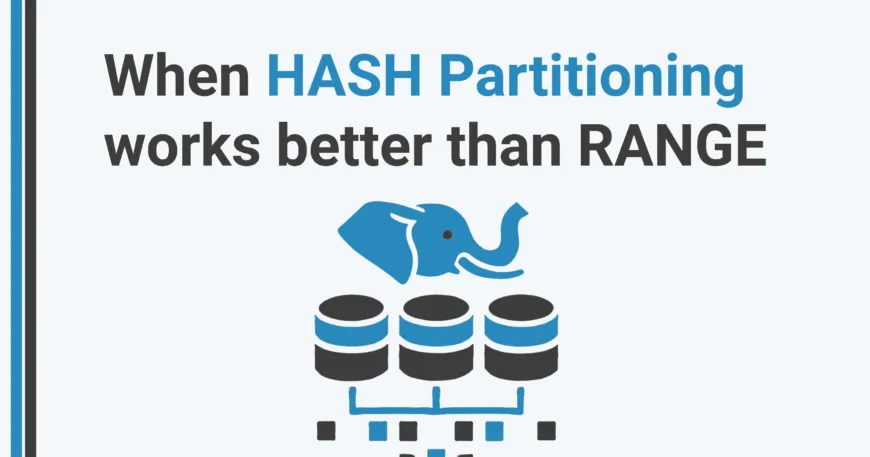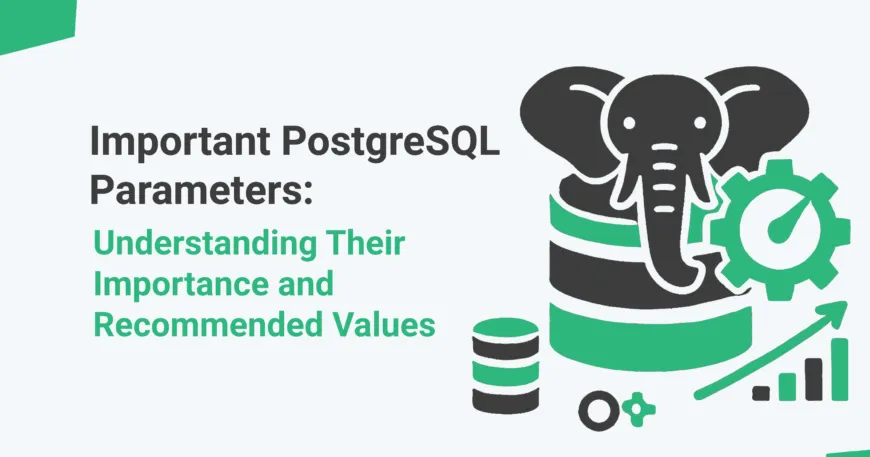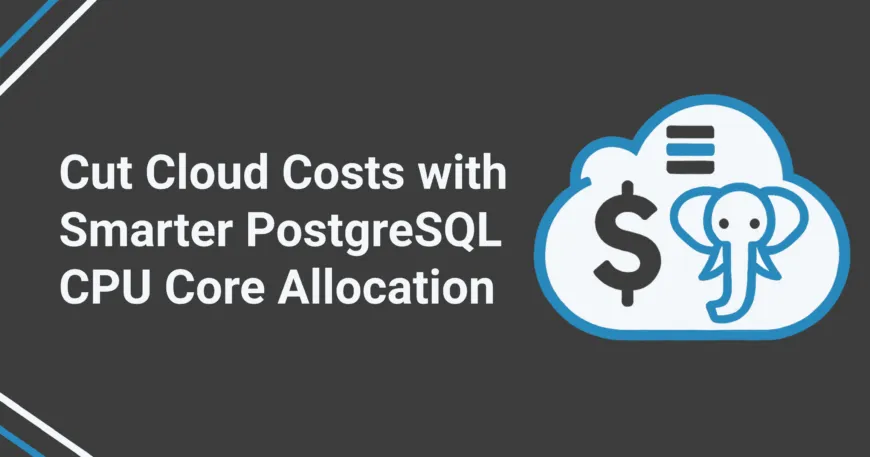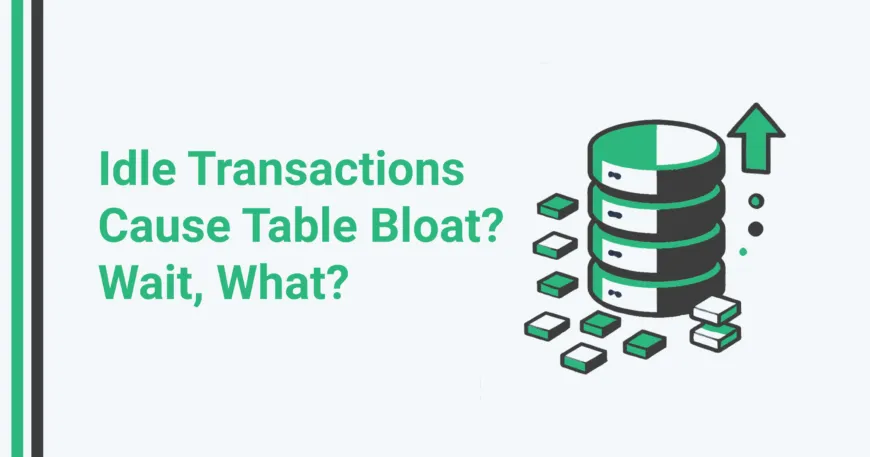Best Practices for TimescaleDB Massive Delete Operations
Welcome to the second part of our TimescaleDB best practices series! In the first part, we explored how to perform massive backfill operations efficiently, sharing techniques to optimize performance and avoid common pitfalls. If you haven’t had a chance to read the first part yet, you can check it out using this linkIn today's blog, we will discuss another crucial aspect of time-series data management: massive delete operations.As your data grows over time, older records often lose their relevance but continue to occupy valuable disk space, potentially increasing storage costs and might degrade the performance if not managed well. Let's walk through some strategies to clean up or downsample aged data in TimescaleDB, helping you maintain a lean, efficient, and cost-effective database.



